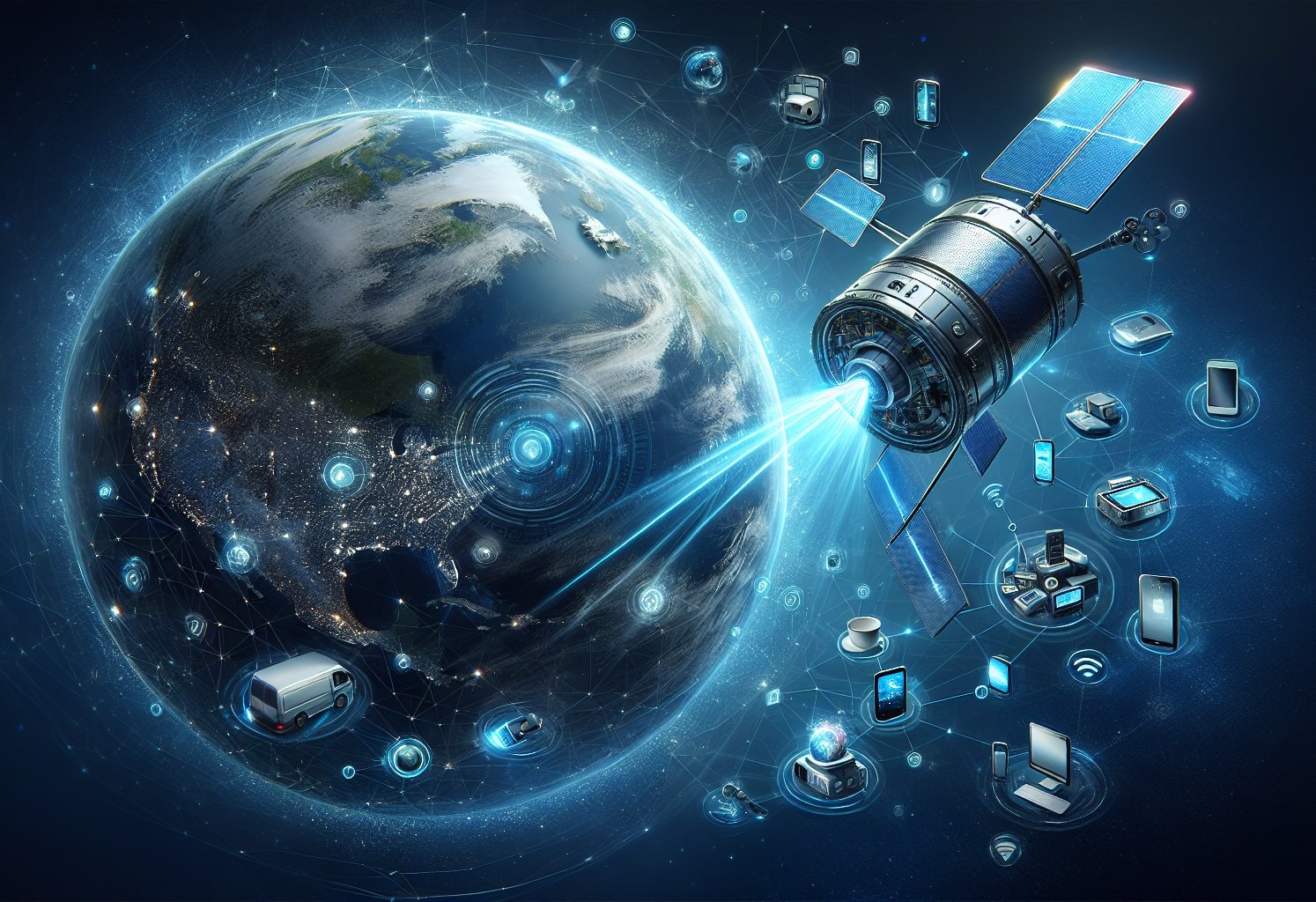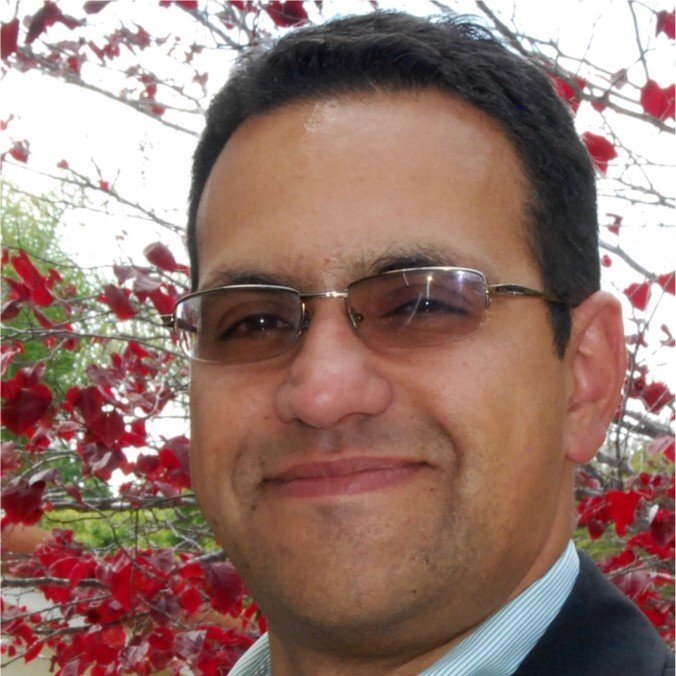
.pp-multiple-authors-boxes-wrapper {display:none;}
img {width:100%;}
In an era when the IoT is rapidly transforming industries, Globalstar is leveraging cutting-edge technologies like AI and edge computing to deliver groundbreaking solutions.
Ahead of IoT Tech Expo North America, Luis Mirabal, Head of Strategic Financial Analysis at Globalstar, shed light on the company’s approach to IoT and its utilisation of advanced technologies to push the boundaries of connectivity and intelligence.


“Globalstar is a pioneer in satellite communications and has created a lot of products along the way,” Mirabal stated. “Currently, it is in the market developing and promoting products associated with IoT. Satellite communications and IoT go very well together.”
Globalstar’s IoT devices leverage the company’s global satellite constellation to provide connectivity solutions in areas where traditional cellular networks and local infrastructure are lacking. These devices cater to a diverse range of use cases, including logistics, marine applications, wildlife tracking, and sustainability initiatives, enabling businesses and organisations to monitor and manage assets in even the most remote locations.
Mirabal highlighted the unique capabilities of these devices, many of which are solar-powered and designed to operate in harsh environments, providing valuable data and insights that would otherwise be inaccessible.
One of the key differentiators for Globalstar is its planned deployment of an upgraded network that will enable two-way communications and edge computing capabilities.
“The network will be able to apply responses that the different use cases would like to assert into whatever that device is connected to,” Mirabal explained. “There are compute capabilities on those devices. So you can actually even run AI models, inference models that will be able to have certain capabilities of command and control.”
By integrating edge computing and AI into its IoT devices, Globalstar aims to revolutionise the way businesses interact with their connected assets. Rather than relying solely on data transmission, these intelligent devices will be capable of processing information locally, making decisions, and executing actions autonomously, enabling real-time responses and optimised operations.
This paradigm shift in IoT technology has the potential to transform industries such as logistics, transportation, and energy, where real-time decision-making and automated control can significantly improve efficiency, reduce costs, and enhance safety.
Addressing the challenge of data management and analytics in IoT, Mirabal emphasised the company’s API layer, which allows partners and value-added resellers to integrate their solutions seamlessly with end-users.
“There are a lot of different use cases where data management is being used to, as I said, track assets, manage devices,” Mirabal said, citing examples such as logistics and asset monitoring. By providing a robust platform for data integration and analysis, Globalstar empowers its partners to develop tailored solutions that meet the unique needs of their customers, unlocking valuable insights and enabling data-driven decision-making.
Looking ahead, Mirabal envisions the evolution of IoT driven by better connectivity, increased bandwidth, and seamless integration across value chains.
“The end-user would expect that the whole value chain is probably the same platform,” Mirabal explained. “So you will have an end-to-end, let’s say, asset tracking for logistic purposes or all the areas in an energy system be covered by the same provider.” This vision of end-to-end connectivity and integration aligns with the growing demand for holistic solutions that span the entire lifecycle of assets, enabling seamless monitoring, control, and optimisation across diverse industries.
As the Artificial Intelligence of Things (AIoT) gains traction, Globalstar is well-positioned to leverage its edge computing capabilities and enable AI inference models on its devices, further enhancing the functionality and efficiency of IoT solutions.
With a rich history of pioneering satellite communications and a forward-thinking approach to embracing emerging technologies, Globalstar is well-equipped to lead the charge in the next generation of IoT solutions.
You can watch our interview with Luis Mirabal below:
Globalstar is a key sponsor of this year’s IoT Tech Expo North America. Check out the day one session by Chirag Patel, Director of Product Management at Globalstar, on how the convergence of satellite and terrestrial addresses the challenges of mobile and fixed IoT use cases, and swing by Globalstar’s booth at stand #180 to hear more from the company’s experts.


Want to learn about the IoT from industry leaders? Check out IoT Tech Expo taking place in Amsterdam, California, and London. The comprehensive event is co-located with other leading events including Cyber Security & Cloud Expo, AI & Big Data Expo, Edge Computing Expo, and Digital Transformation Week.
Explore other upcoming enterprise technology events and webinars powered by TechForge here.
- SEO Powered Content & PR Distribution. Get Amplified Today.
- PlatoData.Network Vertical Generative Ai. Empower Yourself. Access Here.
- PlatoAiStream. Web3 Intelligence. Knowledge Amplified. Access Here.
- PlatoESG. Carbon, CleanTech, Energy, Environment, Solar, Waste Management. Access Here.
- PlatoHealth. Biotech and Clinical Trials Intelligence. Access Here.
- Source: https://www.iottechnews.com/news/2024/jun/03/luis-mirabal-globalstar-satellite-iot-increased-efficiency-cost-reduction/



